Teachers, States Stepping Up to Keep Climate Change Education Alive as Federal Government Defunds It
U.S. educators look to lessons from the Soviet Union era to deal with erasure of climate teaching guidance.
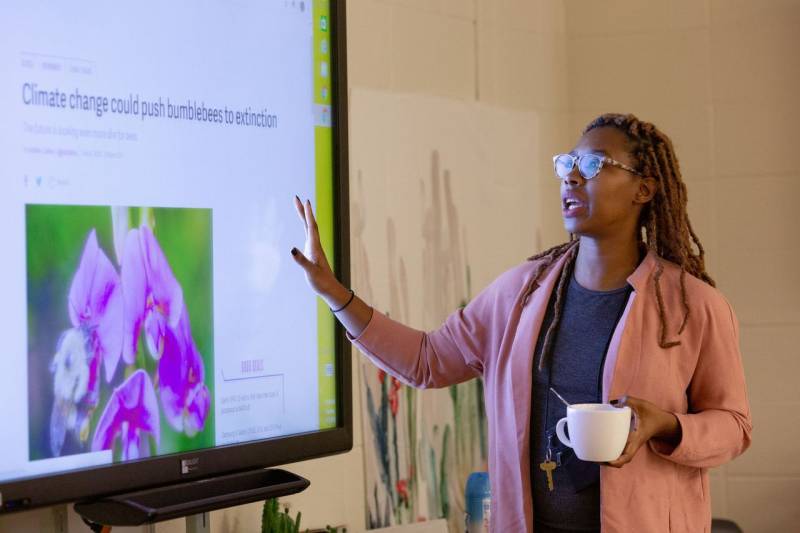
This past fall, at an event in New York City’s National Museum of the American Indian, a packed room of educators and federal employees applauded the release of a document titled “Climate Literacy: Essential Principles for Understanding and Addressing Climate Change.”
The 52-page document, released at Climate Week NYC, laid out principles for improving young people’s understanding of the science, skills and aptitudes required to address this fast-moving global challenge — including “hope” and “urgency.” Frank Niepold of the National Oceanic and Atmospheric Association (NOAA) told The Hechinger Report at the time that he hoped it would be widely adopted by states and even internationally. “We’re not just talking to classroom teachers,” he said. “This is for every kind of educator, every kind of communicator and all the decision makers.”
In April, the Trump administration defunded the lead federal program that put out the guide, the U.S. Global Change Research Program. Many of the other agencies that worked on it, including NOAA, have also been decimated by staffing cuts. And the guide itself has been taken down from its government URL, leaving nothing but an error message.
That same week, on April 8, the Department of Commerce argued in a press release announcing further cuts that federally funded climate research has promoted “exaggerated and implausible climate threats, contributing to a phenomenon known as ‘climate anxiety,’ which has increased significantly among America’s youth.” The agency, which houses NOAA, said it would no longer fund educational initiatives for K-12 students.
Youth climate anxiety is real. But it’s likely not coming from knowing too much. In fact, climate anxiety coexists with widespread climate ignorance among America’s students. That’s according to a new national survey of teenagers released in April by EdWeek and the Aspen Institute’s This Is Planet Ed (where, disclosure, I’m an adviser):
- Just 12 percent of teens feel they know “a lot” about the causes of climate change.
- Only 54 percent of teens correctly identified greenhouse gas emissions from human activity as the biggest contributor to climate change.
- Only 42 percent of teens recognize that there is an overwhelming scientific consensus on human-caused climate change. Meanwhile, just over half, a majority, wrongly believe that scientists are divided 50-50 on the human role in climate change. This suggests a worryingly high level of exposure to climate denial and disinformation.
- 51 percent wrongly thought climate change was directly damaging the ozone layer.
- 57 percent of teens thought recycling would have a “large impact” on climate change, making it the most popular option. (In reality, according to the organization Drawdown, recycling is in the middle of the pack as far as climate solutions go, far behind ideas like reducing food waste or increasing solar power generation).
As the U.S. government steps back, and American teens struggle to master the basics, other countries are forging ahead. The PISA (Program for International Student Assessment), the prestigious international “report card” program, announced last fall that it will develop a new measure of climate literacy, to be administered as part of the 2029 test.
Andreas Schleicher, who oversees PISA at the Organization for Economic Cooperation and Development, told me that the test is designed to promote students’ sense of agency. He says it will be based in part on material that has long been covered in schools in countries including Japan and Canada.
Meanwhile, back home in the U.S., science educators are circulating the climate literacy guide as “samizdat” — the term for self-publication of banned books in the former Soviet Union. Colorado cites the guide in updated state science standards, currently under review. And the University of Washington added a new page featuring a copy of the guide to an existing online open educational resource called STEM Teaching Tools, which gets about 10,000 to 15,000 visitors a month.
Education consultant Deb Morrison, who worked on the STEM Teaching Tools resource, says they rushed to release it in time for the National Conference on Science Education in Philadelphia in March, where they held over a dozen sessions on the topic for science teachers from around the country.
“ I would say that educators in every state are teaching climate,” she said. “It may be framed to manage the sort of tensions that exist in different places, to be able to meet people where they’re at, but they’re still teaching climate in Florida, in Maine, in Mississippi, in Oregon, in Alabama.”
That said, Morrison said the removal of the guide from its dot.gov domain, not to mention the cancellation of basic government data collection on climate, poses a challenge not just to scientific knowledge, but to equity, justice and democracy.
“Now we’re voting based on opinion or pseudo-expertise in different spaces, and nobody’s actually learning and using evidence.”
For Schleicher, too, advancing climate literacy through PISA is a key part of a broader project to promote scientific knowledge as a bedrock of international cooperation. In a world where you can find entire YouTube channels dedicated to the proposition that the earth is flat, he said, “Science actually builds consensus among people on an evidence-based objective reality.” Without that, it’s hard to imagine a peaceful or prosperous future for anyone.
A note: This is my final climate and education column for The Hechinger Report with the support of This Is Planet Ed at the Aspen Institute. I’ve been contributing to this series since 2022 and have covered early education through workforce development, traditional and Indigenous knowledge, climate storytelling in children’s media and more. It’s been an honor and you can find my continued freelance coverage of these topics here at Hechinger, at Grist and at my weekly newsletter. You can also sign up for Hechinger’s climate change and education newsletter here.
Contact editor Caroline Preston at preston@hechingerreport.org, on Signal at CarolineP.83 or 212-870-8965.
This story about climate anxiety was produced by The Hechinger Report, a nonprofit, independent news organization focused on inequality and innovation in education. Sign up for the Hechinger newsletter.

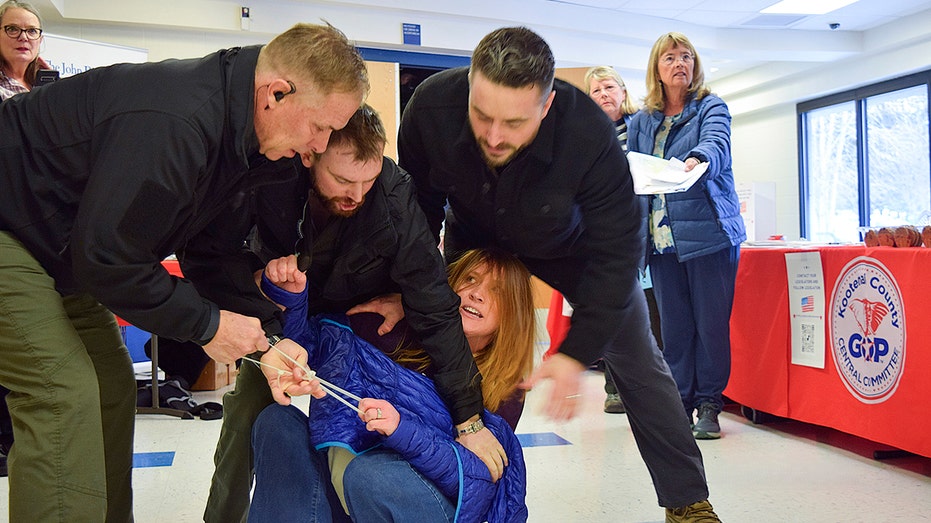







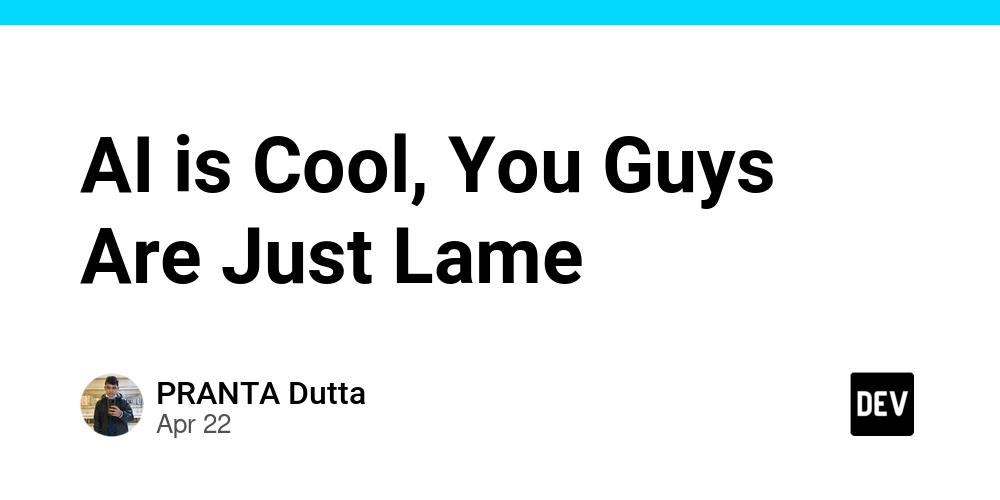
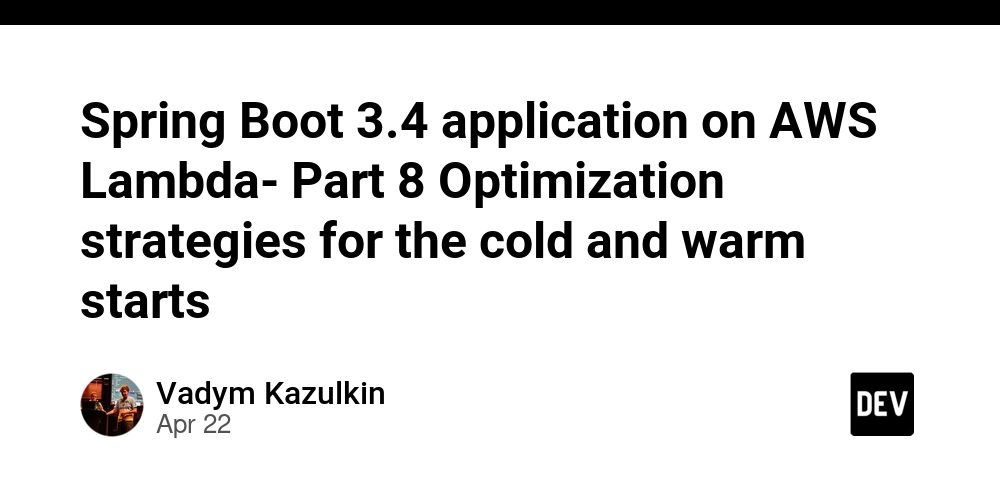
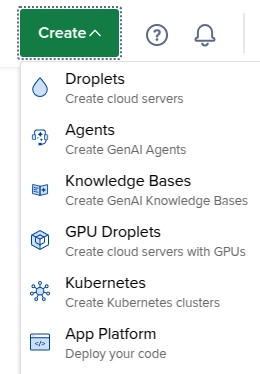


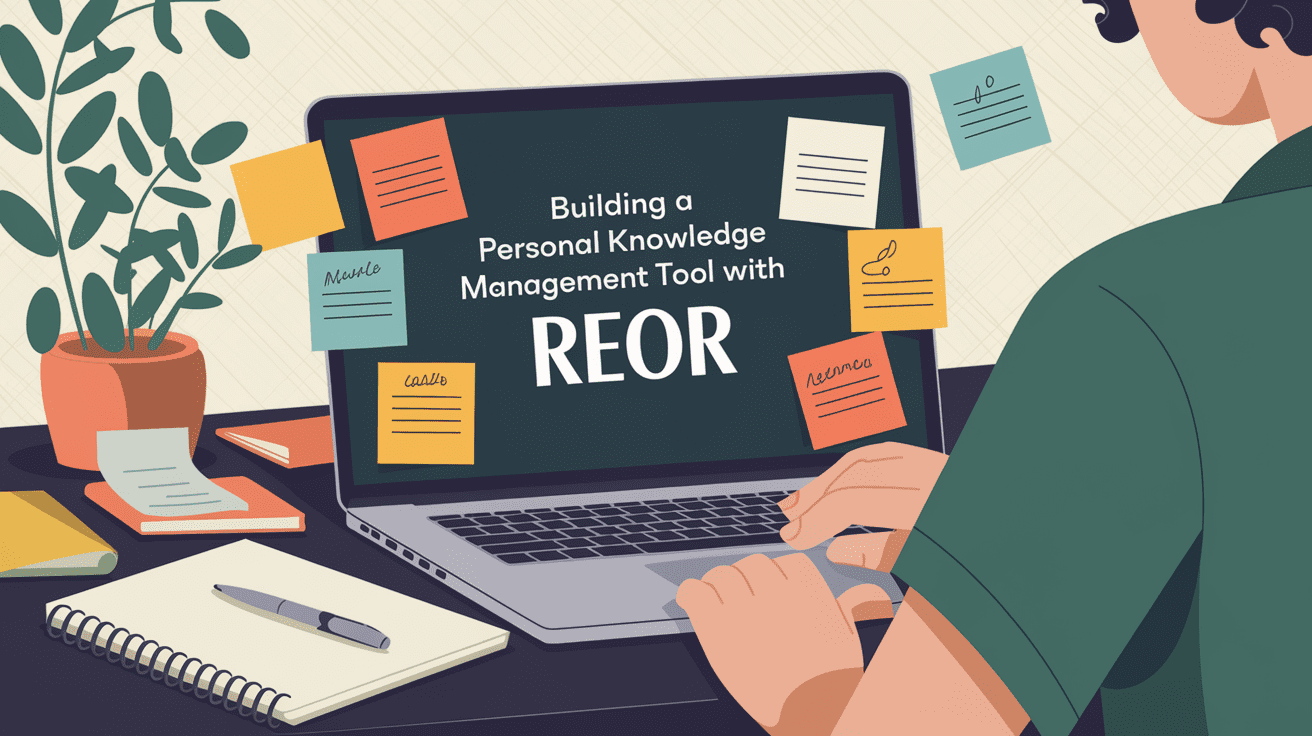

_Brain_light_Alamy.jpg?width=1280&auto=webp&quality=80&disable=upscale#)


















































